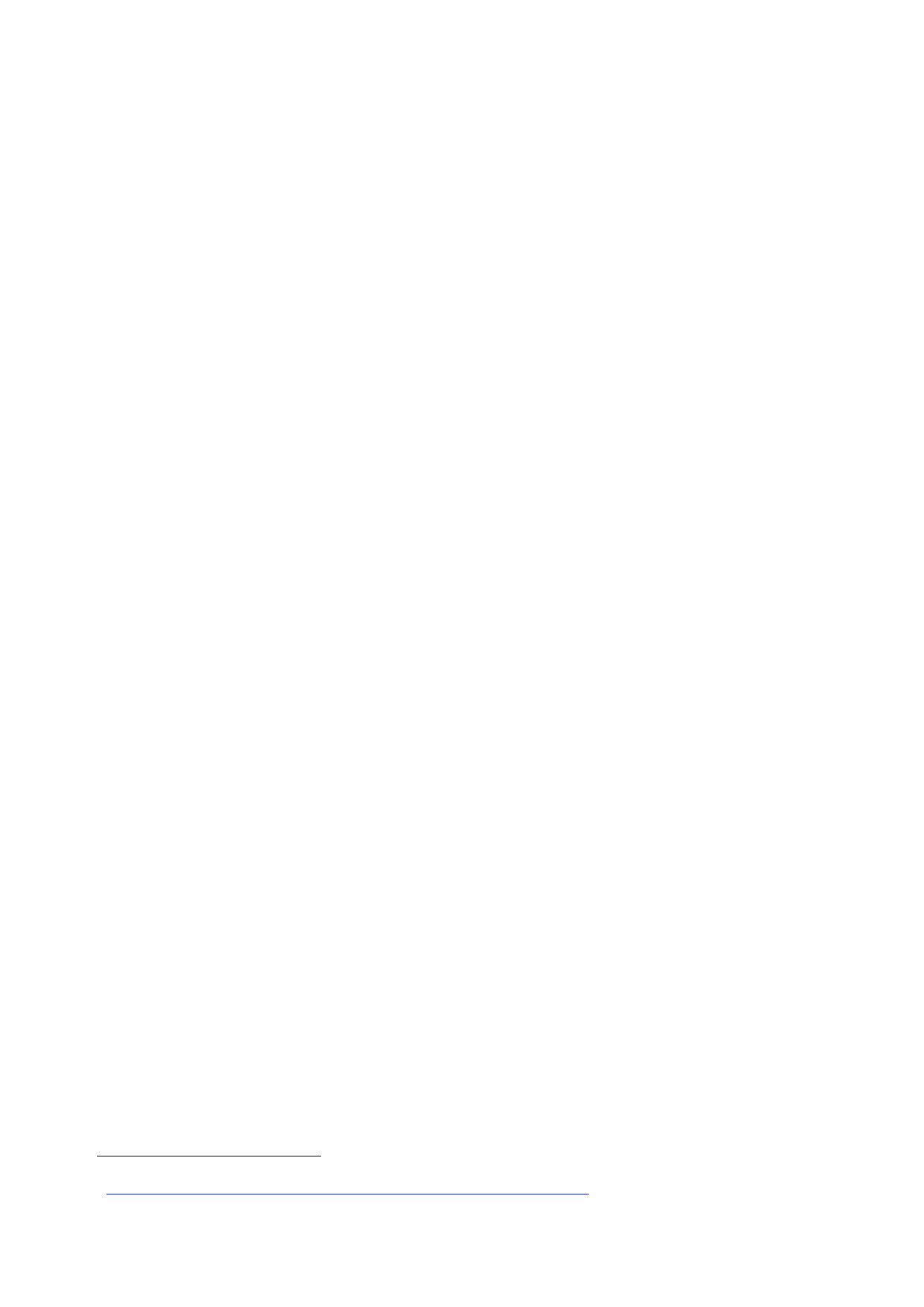
The Report
of the Iraq Inquiry
28.
The JIC
Assessment, ‘Iraq: The Return of UN Inspectors’, was issued
on
29.
The JIC’s Key
Judgements were:
“•
Saddam is
determined to retain Iraq’s proscribed weapons programmes.
He
is
confident that he can prevent UNMOVIC, operating on the basis of
existing
UNSCRs
[United Nations Security Council resolutions], from finding
any
evidence
before military options start to close off in spring
2003.
•
Concealment
and dispersal of sensitive items are the main elements of
Iraq’s
strategy
for dealing with UNMOVIC. The inspectors are hampered by
poor
preparedness
and a lack of intelligence, so far, to guide them.
•
Saddam will
probably accept a new UN resolution. If inspections are
conducted
under a
tougher regime, and if specific intelligence on WMD
locations
is
forthcoming in response to clear US determination to topple
Saddam,
UNMOVIC might
find evidence of Iraq’s WMD programmes.
•
In the
short-term, we do not expect a repeat of the blatant Iraqi policy
of
intimidation
and obstruction that UNSCOM encountered. Widespread
Iraqi
obstruction
would be seen as too obvious a challenge to the authority of the
UN.
But if
inspectors come close to uncovering evidence of WMD, Iraq will
employ a
wide range
of tactics to delay their work.
•
Iraq will
use all diplomatic efforts, backed by its economic leverage on
its
neighbours,
to undermine political support for a continuation of the
inspections
and
sanctions.”
30.
The Assessment
is addressed in detail in Section 3.5. The key points in
relation
to Iraq’s
possession of WMD and its intent to conceal its capabilities and
deceive the
inspectors
were:
•
Intelligence
indicated that Saddam Hussein was “determined to retain
Iraq’s
weapons of
mass destruction”, which he considered “to be a key part of
Iraq’s
regional
political and military power”. He was “adamant that UN
weapons
inspectors
should not be allowed to find and destroy the WMD
capability
that Iraq
has been able to develop further in the four years since
UNSCOM
left in 1998”.
•
Iraq was
“confident” that it could “ensure the inspectors, acting under the
terms
of existing
UNSCRs”, would “not be able to find anything when they return
and
that Iraq
will retain its proscribed weapons programmes”.
•
“A body of
intelligence” indicated that “concealment and dispersal of
sensitive
items” were
“the main planks of Iraq’s strategy to deal with the return
of
weapons
inspectors”. Saddam Hussein had “reportedly taken into account
the
5
JIC
Assessment, 11 October 2002, ‘Iraq: The Return of UN
Inspectors’.
294
